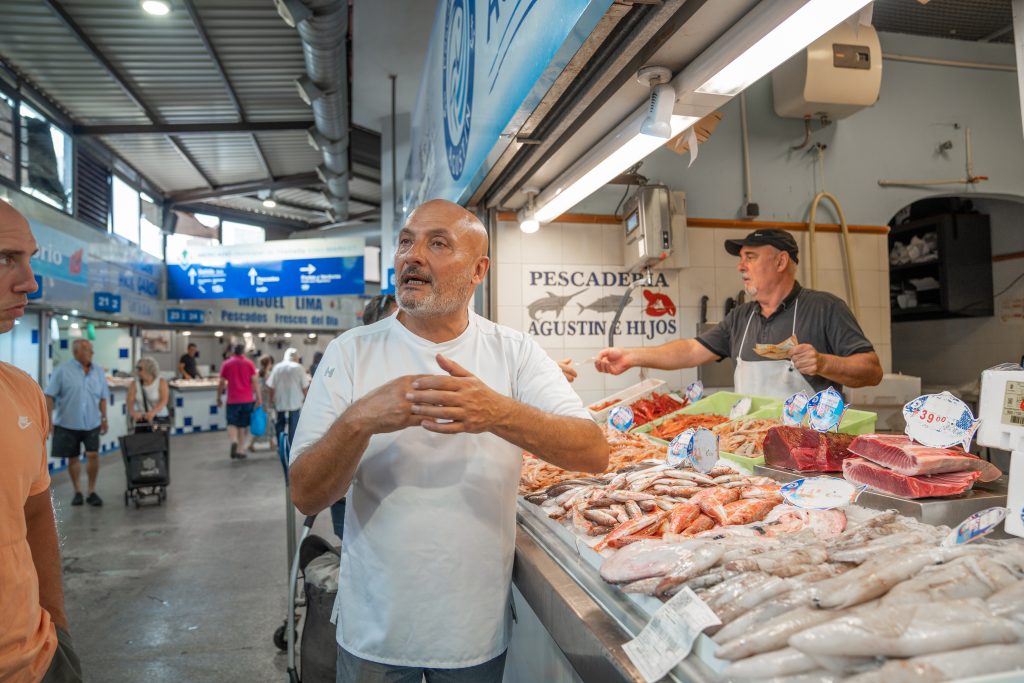
When it comes to culinary delights, Spain has earned a prominent place on the global map. Its vibrant and diverse gastronomy is celebrated worldwide, with dishes that tantalize taste buds and transport diners to a realm of sensory bliss. At the heart of this gastronomic wonder lies a simple yet crucial ingredient: local products. The importance of local products for delicious and gastronomic dishes in Spain cannot be overstated. They are the soul of Spanish cuisine, elevating every dish to a level of flavor and authenticity that is simply unmatched.
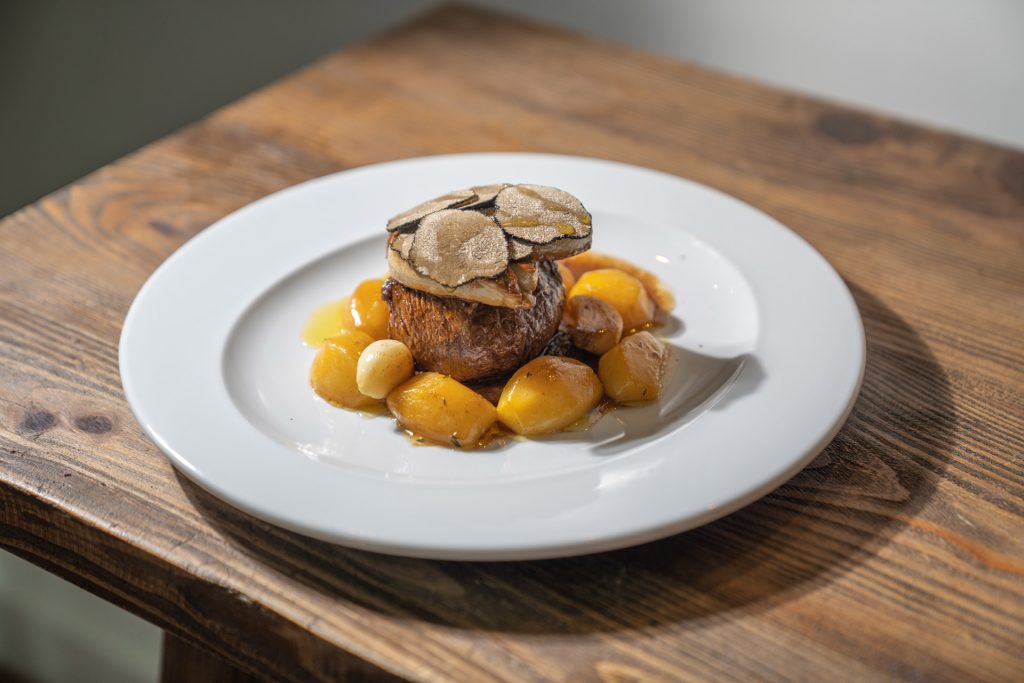
**1. A Tapestry of Flavors and Diversity
One of the most remarkable aspects of Spanish gastronomy is its incredible diversity. From the sun-soaked coasts to the lush green landscapes, each region boasts its own culinary traditions and specialties. This diversity is brought to life by the use of local products, which capture the essence of the land and its people. Whether it’s the succulent seafood of Galicia, the savory jamón of Andalusia, or the rich olive oils of Catalonia, every ingredient contributes to the tapestry of flavors that make Spanish cuisine so enchanting.
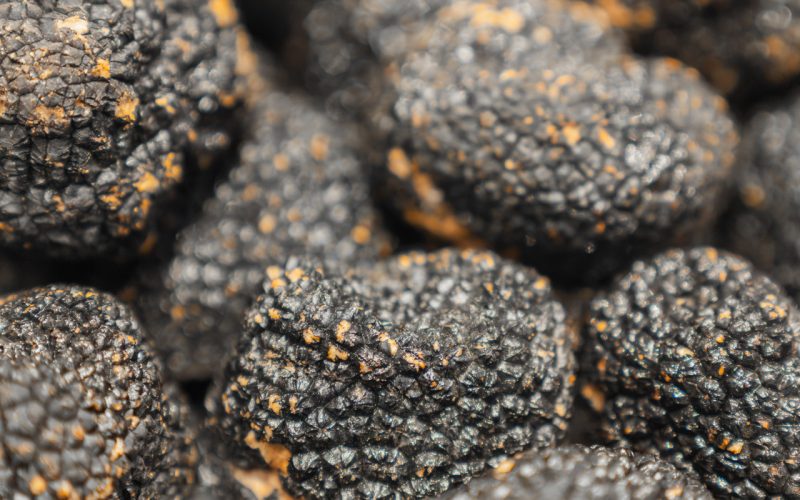
**2. Preserving Culinary Heritage
Local products are more than just ingredients; they are a living testament to centuries of culinary tradition and innovation. In a world where globalization has made it possible to enjoy foods from every corner of the globe, there is a unique charm in savoring dishes that have been passed down through generations. Local products play a vital role in preserving this culinary heritage, ensuring that traditional recipes and techniques are kept alive and thriving.
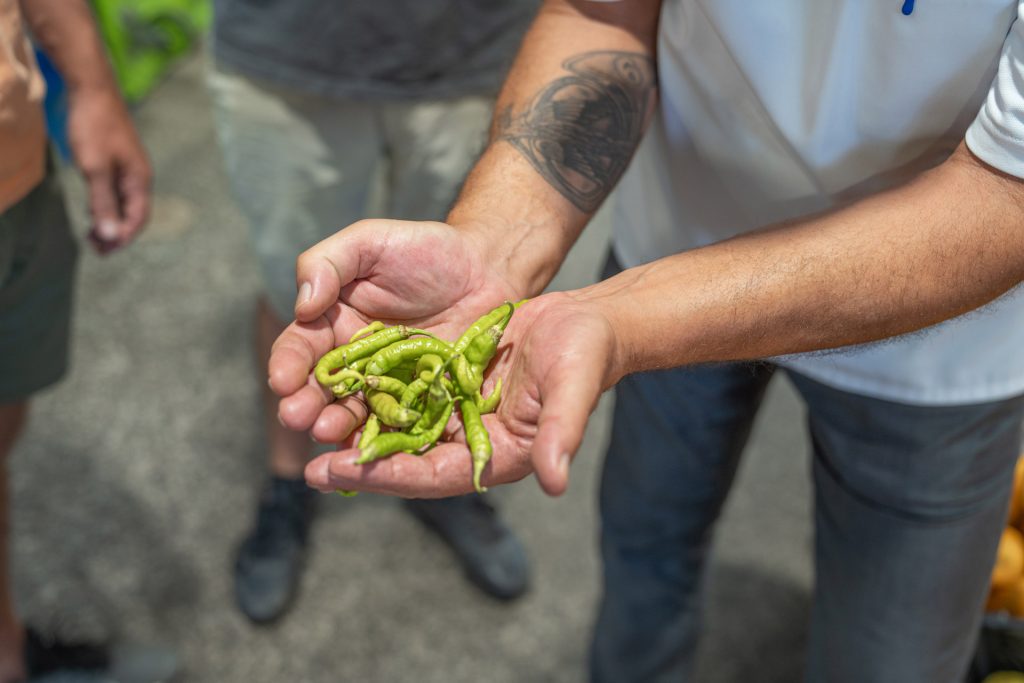
**3. Flavorful Expression of Terroir
The concept of terroir, often associated with wine, also holds true in the realm of food. The distinctive characteristics of a region’s soil, climate, and environment shape the flavors of the produce that is cultivated there. Local products embody the essence of their terroir, lending a unique and authentic taste to dishes. The sweet tomatoes of Valencia owe their succulence to the Mediterranean climate, while the piquant paprika of Extremadura draws its depth from the region’s rugged landscapes. By using local products, chefs in Spain are able to create dishes that tell a story of the land itself.

**4. Supporting Local Communities
The significance of local products goes beyond the culinary realm; it extends to the economic and social fabric of communities. By choosing to source ingredients locally, restaurants and consumers alike contribute to the livelihoods of farmers, artisans, and producers. This fosters a sense of interconnectedness and a stronger sense of community, as well as promoting sustainable practices and reducing the carbon footprint associated with long-distance food transportation.
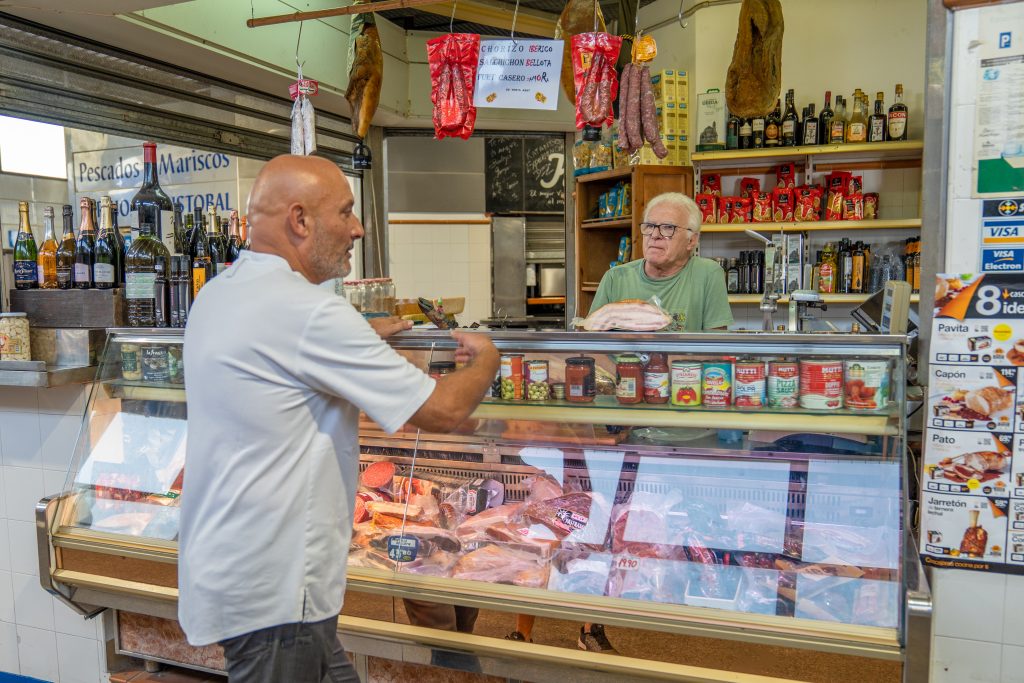
**5. A Journey of Exploration
Embracing local products in Spanish gastronomy opens the door to a world of exploration and discovery. Farmers markets, food festivals, and traditional markets offer opportunities to engage with producers and learn about the origins of the ingredients. This journey of exploration not only enriches the culinary experience but also deepens the connection between people and the food they enjoy.
In conclusion, the importance of local products for delicious and gastronomic dishes in Spain is a cornerstone of its culinary excellence. These ingredients are not merely items on a plate; they are the embodiment of culture, history, and a deep-rooted connection to the land. As we savor the rich flavors of Spanish cuisine, let us remember that every bite is a celebration of the people, the traditions, and the bountiful gifts that nature bestows upon us.
